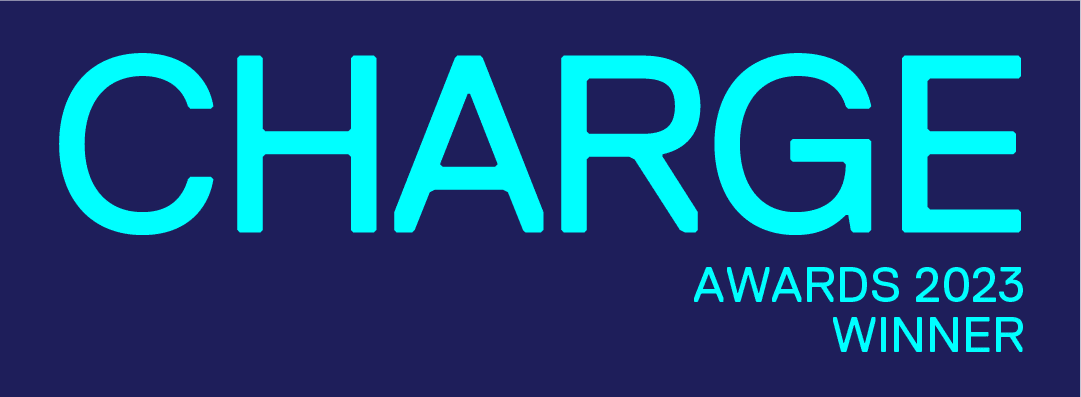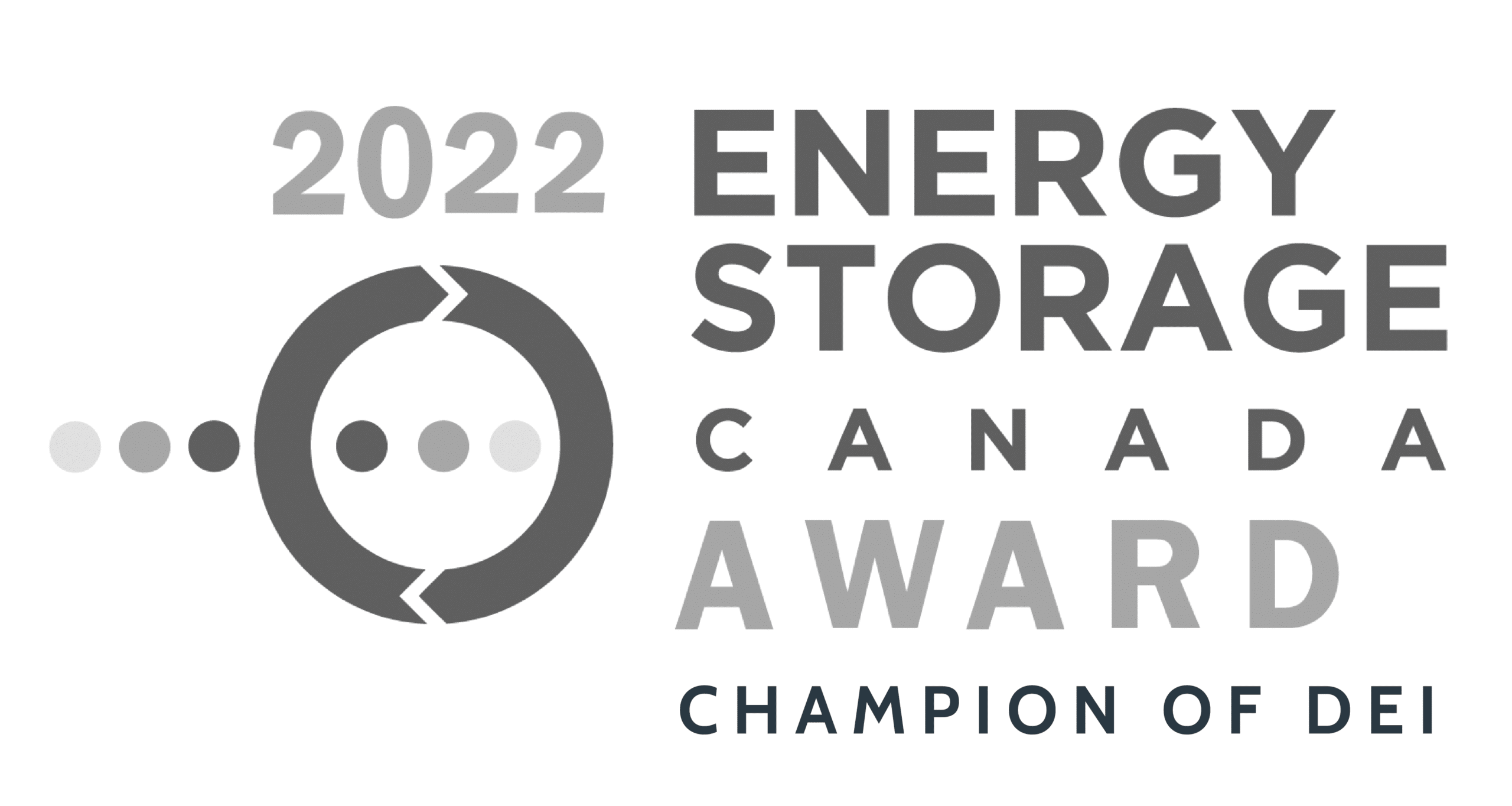Ramadan is here, and Peak Power’s JEDI Committee is here to help! We’ve prepared some information and guidance to ensure that our observing team members are supported and respected during this important time.
What is Ramadan?
Ramadan, in Islam, is the ninth month of the Muslim calendar and the holy month of fasting.
What do Muslims do during Ramadan?
Ramadan is a time for Muslims across the world to practice self-restraint. It’s more broadly interpreted as the obligation to refrain between dawn and dusk from food, drink, sexual activity, and all forms of immoral behaviour, including impure or unkind thoughts. Muslims also reflect on their blessings and build resilience and empathy – to get closer to Allah (One of the 99 names for “God” in Islam). Many Muslims also give to the needy (Zakah) during this month. This amounts to 2.5% of one’s wealth. UNDP estimates that global Zakah potential is between $200 billion and $1 trillion.
When is Ramadan this year?
The Islamic calendar is based on lunar cycles so it’s different from the widely used Gregorian calendar. In 2024, Ramadan begins on the Morning of March 11, 2024, and ends on the Evening of April 10, 2024 – this is subject to the appearance of the crescent moon.
Here are some guidelines on how we can create a safe and kind space for Muslims during Ramadan
- Respect peoples’ privacy around how they observe Ramadan. Not all Muslims can or want to fast, and the reasons can be personal so it’s best to refrain from asking. (refer to FAQ #2)
- Take your lunch in the office kitchen or other designated lunch areas, rather than your desk, to be considerate of those fasting.
- If you’ve put in a group lunch order, please place it in the kitchen with the lids closed.
- Be considerate when talking about habits that practitioners are trying to refrain from (drinking, smoking, etc.) Remember that Lent is also happening during this time, which means that other team members are staying away from these things as well.
- Set up a private space for people to do daily prayers. Here’s a resource for prayer times.
- Managers, please keep in mind those observing Ramadan may request an extended midday break on Fridays to do Jummah (Friday congregational prayer.)
- Those fasting may be a bit tired when they are fasting, especially in the initial days. Be kind to someone struggling.
Frequently Asked Questions
Q: Can someone who is fasting drink water?
A: Someone who is fasting cannot eat or drink anything, even water!
Q: Does every Muslim have to fast?
A: Generally, practicing Muslims must try their best to fast all 30 days of Ramadan, but there are some exceptions which include but are not limited to: Someone who needs to take medicine that is important to their health, someone who is sick, people who are menstruating, and children. These exceptions exist to avoid unnecessary hardship. Like followers of other religions, Muslims are diverse and practise their faith in a variety of ways, and some may choose not to fast due to personal preference.
Q: Can I greet a Muslim during Ramadan?
A: Yes! You can greet a Muslim colleague by saying “Ram-a-daan Mu-bar-ak” meaning Ramadan Blessings.
Q: What time does the fast end every day?
A: The fast is broken at sunset every day. Which corresponds to the Maghrib prayer (see below table.)
Q: I would like to learn more about Ramadan and Islam, where can I find more information?





